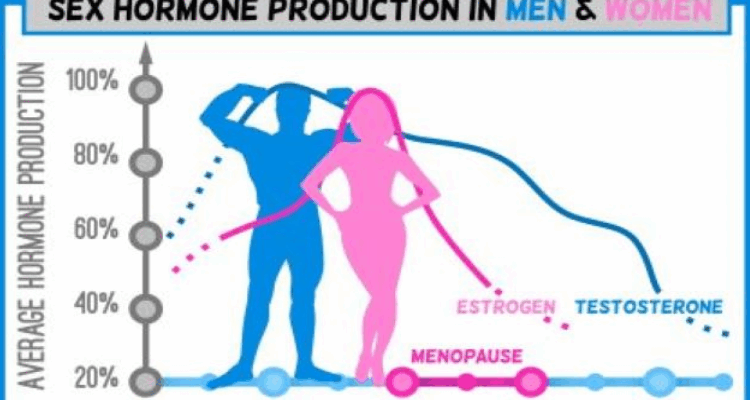The conversation around menopause often focuses heavily on the challenging symptoms: hot flashes, mood swings, sleep disturbances. While these are undoubtedly significant, another crucial aspect of women`s lives undergoing this transition – sexual well-being – sometimes takes a backseat. However, new scientific research firmly reminds us that for many women, sexual pleasure, including the capacity for orgasm, remains a vital component of life long after the childbearing years conclude.
A recent study conducted by researchers at the esteemed Kinsey Institute has lent significant weight to this often-understated truth. Published in the journal *Menopause*, the research investigated the sexual experiences of a large cohort of women in midlife, providing data that challenges potential assumptions about age and desire.
The study involved 1500 women aged between 40 and 65, covering the spectrum from pre-menopause through perimenopause and into post-menopause. The findings revealed some compelling patterns. Interestingly, the frequency of achieving orgasm during masturbation showed remarkable consistency across all stages of menopause. The majority of participants reported reaching orgasm in approximately 81 percent of instances where they engaged in self-stimulation, a figure that did not significantly decline with menopausal status.
Perhaps counter-intuitively for some, women in the perimenopausal and postmenopausal groups were actually *more likely* than their younger counterparts to report that the *quality* of their orgasms had improved over the past decade. This suggests that while physiological changes occur, they do not necessarily diminish the potential for intense pleasure, and in fact, experience and self-discovery might lead to more satisfying experiences. The use of sex toys also remained a stable practice among participants, utilized by a consistent 41 to 47 percent across the different groups.
It was not all linear progression, however. The study did observe that women in the post-menopause phase reported engaging in masturbation less frequently than other groups and rated its perceived importance in their lives slightly lower (averaging 3.5 out of 7 points, compared to 4.2 for others). One might pause here and consider the confluence of factors at play – perhaps the reduced frequency reflects competing demands on time and energy, physical discomfort not directly related to pleasure, or even internalised societal narratives about aging and sexuality? It seems science is here to gently nudge us back to the fact that even if frequency or perceived priority shifts, the *capacity* for and *quality* of pleasure can endure and even improve.
Crucially, the study authors emphasize that despite any reported dip in frequency or perceived importance by some individuals, self-satisfaction holds significant potential benefits. It can undeniably contribute to an enhanced quality of life and may even serve as a tool to help manage some of the challenging physical and emotional symptoms associated with menopause.
This research complements previous findings that highlight the broader positive impacts of sexual activity throughout life. For instance, prior studies have indicated that engaging in sexual activity in the evening, whether alone or with a partner, can facilitate falling asleep more quickly, improve sleep quality, and subsequently enhance overall well-being the following day.
In conclusion, this new study provides valuable scientific validation: for women navigating life after menopause, sexual pleasure is far from irrelevant. It remains a reachable and often improved experience, and its pursuit is a legitimate and effective means of promoting both physical and emotional health and maintaining a high quality of life. The science, in its technical and perhaps sometimes understated way, confirms what many women already know or hope: pleasure knows no strict age limit.








